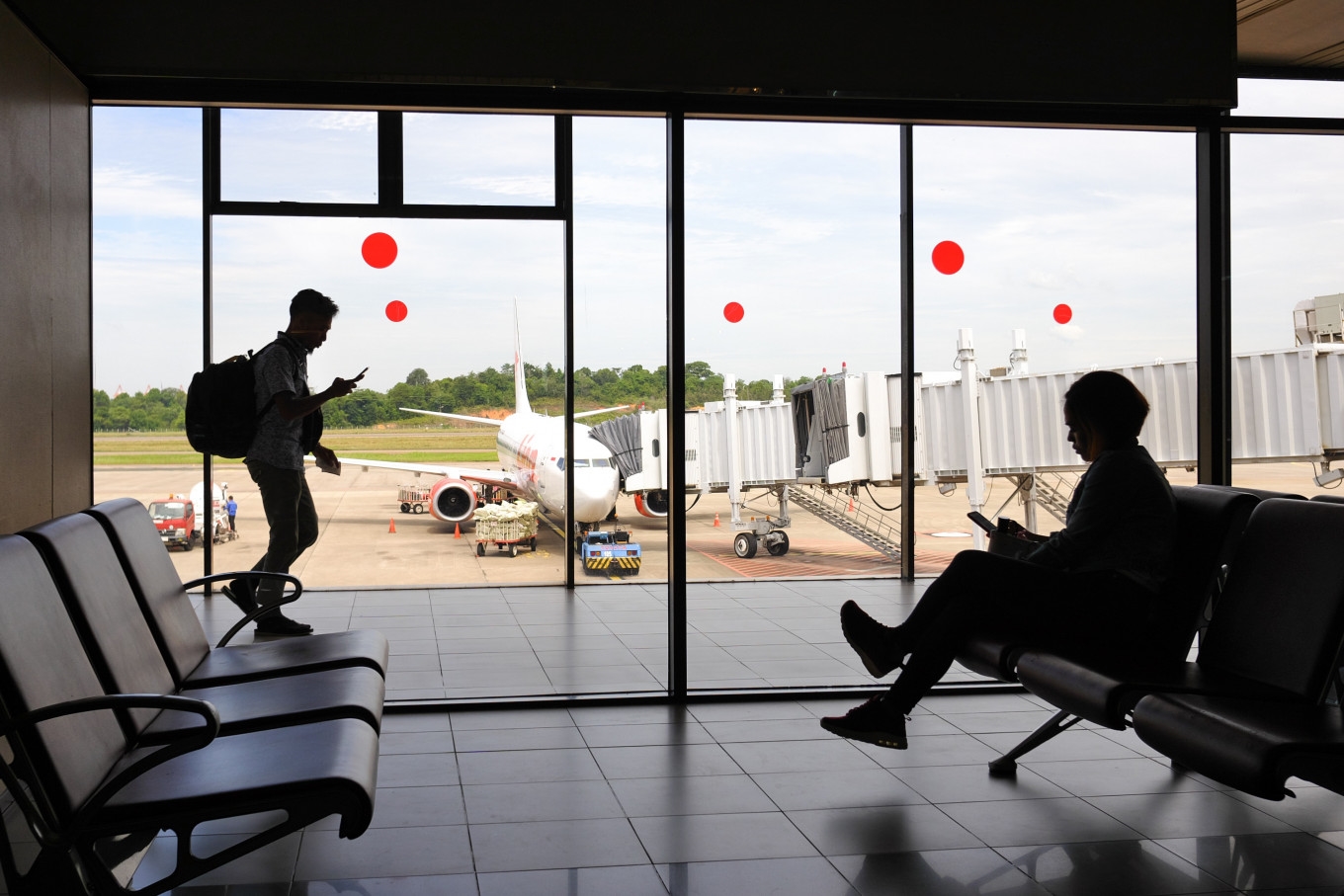Festive Celebrations in Jakarta: Ramadan and Idul Fitri Traditions
Jakarta, the bustling capital of Indonesia, is a city that comes alive with vibrant energy during the holy month of Ramadan and the subsequent celebration of Idul Fitri. These festivities are deeply rooted in the cultural and religious fabric of the city, offering a unique blend of spiritual devotion, community bonding, and joyous celebration. For those looking to understand or participate in these traditions, here’s a practical guide to what you can expect in Jakarta during this festive season.
Observing Ramadan in Jakarta
Ramadan, the ninth month of the Islamic lunar calendar, is a time of fasting, prayer, and reflection for Muslims worldwide. In Jakarta, the city transforms as the month begins. During daylight hours, Muslims fast from dawn until sunset, refraining from eating, drinking, and other physical needs. This practice is intended to cultivate self-discipline, empathy for the less fortunate, and spiritual growth.
In Jakarta, you’ll notice a change in the city’s rhythm. Many restaurants and food stalls close during the day, while others offer special pre-dawn (sahur) and evening (iftar) meals. The streets may be quieter during the day, but they come alive at night. After breaking the fast with dates and water, families and friends gather for iftar, often at home or in local mosques, which host communal meals. The city’s mosques, such as the iconic Istiqlal Mosque, become central hubs of activity, with nightly prayers (tarawih) drawing large crowds.
Idul Fitri: A Time of Joy and Togetherness
Idul Fitri, also known as Lebaran in Indonesia, marks the end of Ramadan and is one of the most significant celebrations in the Islamic calendar. It is a time of joy, forgiveness, and renewal. In Jakarta, the celebration begins with a special prayer service at mosques across the city, followed by festive gatherings with family and friends.
One of the most cherished traditions during Idul Fitri is the practice of “mudik,” where people return to their hometowns to celebrate with extended family. This mass exodus from the city can lead to quieter streets in Jakarta, but for those who stay, the city offers its own unique charm. Homes are decorated, and special dishes like ketupat (rice cakes) and opor ayam (chicken in coconut milk) are prepared. It’s also customary to visit neighbors and relatives, exchanging greetings of “mohon maaf lahir dan batin,” which means asking for forgiveness and expressing goodwill.
Practical Tips for Visitors
If you’re visiting Jakarta during Ramadan and Idul Fitri, there are a few practical tips to keep in mind. Firstly, be respectful of those who are fasting. Avoid eating, drinking, or smoking in public during daylight hours. Many restaurants and cafes may have adjusted hours, so plan your meals accordingly.
Transportation can be challenging, especially during the mudik period, as many people leave the city. If you plan to travel, book your tickets well in advance. Public transport and ride-sharing services may be less crowded during the day but expect increased demand in the evenings.
Lastly, embrace the spirit of the season. Participate in iftar gatherings if invited, and take the opportunity to learn about the local customs and traditions. The people of Jakarta are known for their hospitality, and you’ll likely find yourself welcomed into the celebrations with open arms.
